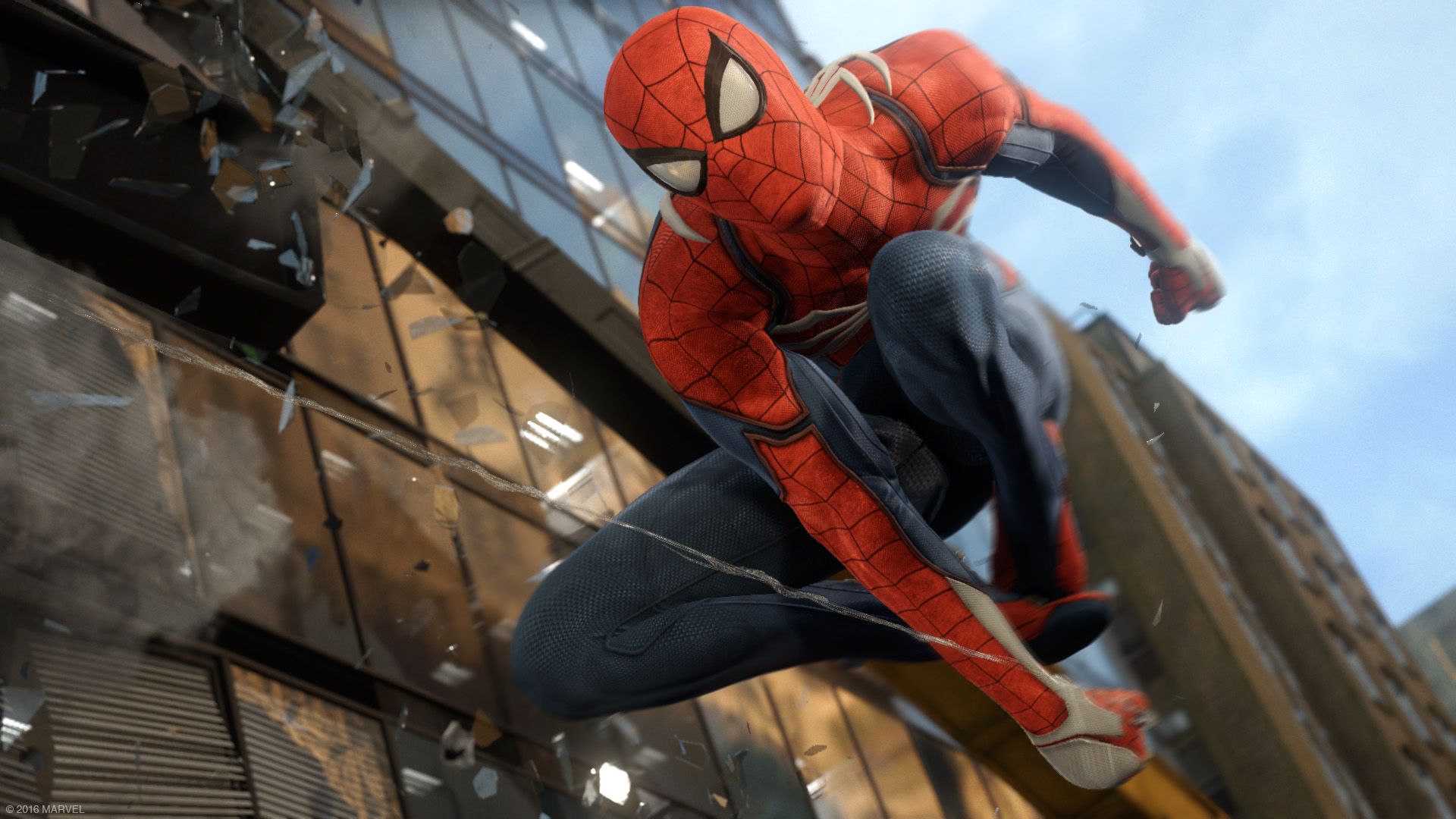Marvel's presence within the games industry has been increasing steadily over the past year or so. The multimedia giant has already established itself as a force to be reckoned with in both the TV and movie avenues, and next on their docket seems to be the gaming realm. In a recent interview with GameSpot, Marvel Games Creative Director Bill Rosemann talked about Marvel's future and what it is they hope to accomplish moving forward with titles like Guardians of the Galaxy, Spider-Man, and the recently announced The Avengers Project.
When asked about how Marvel chooses developers for each of their unique characters, Rosemann said the following:
Our philosophy going forward is that we're gonna match the best characters with the best partners to create the best games at the best time. We're trying to no longer do any transactional deals, and we're trying to avoid adaptations of films which can be a very tricky, tricky thing to do.
He later expanded on this in more detail, talking about how Marvel is now very much apart of the creative process with their current games unlike in the past.
Even though what we do is licensing, it's not about just taking someone's money and walking away. We are very collaborative, and we seek partners who are very collaborative, and we want to stand with them every day.
Rosemann went on to give an illustration of a how this partnership between developers and Marvel works, using Telltale Games and their upcoming Guardians of the Galaxy title as an example.
From a high-level, I can say it very much depends on the partner. Each studio works differently. The common denominator is that every partner we're working with right now--especially Telltale--wants to work very closely with us. On the one hand we want each partner to own the game, to bring their vision to it, to show why they're different, and to bring that extra spice to it so a player says like, "This is a Telltale game."
At the same time, we want to make sure--and so do our partners--that since these characters have such long running fandom that goes back many years, they want to make sure that when they build the story and build the experience that it feels right. It feels authentic. That we get the characters right, we get the locations right, that it's filled with Easter eggs. That it's filled with all the things they love about Marvel.
He was then asked what is is about Marvel games that he wants gamers to feel while playing them. Rosemann responded by saying:
What's really fun about Marvel, and all of our stories, are the differences that they have. When you look at the films: Ant-Man's a heist movie, and then Guardians is sci-fi, Doctor Strange is supernatural. So they have those different elements, but underneath it all, the key thing about Marvel is our stories are heroic. They are inspirational. They are accessible. You understand who the characters are. You know what they want, you know who they are before they get powers, you know who they are after, you know what their goals and motivations are, and their challenges. And they're fun. It's not just dark. There are serious moments in our games, but that comes from the stakes. But what we can't forget is the fun, the humor. You want to be in this universe.
This led Rosemann to go deeper into a discussion about the potential for a shared universe in the video game domain of Marvel's properties. When asked whether or not he'd like to have all Marvel games take place in a shared world, Rosemann essentially stated that he wanted to be as pro-developer as possible and forcing them to have to squeeze certain characters or events into their games in order to link the different games together may be hard on the game creators.
It really depends on the partners, what sort of games they're working on, and whether it would be a benefit or not. On one hand, when I'm reading the comic books it's very fun to see how they all connect. On the flip side, if you're trying to create a story that connects, then that can often not be a very fulfilling story. And again, we don't want that intention to then impact the story, and not allow each partner or each studio to really spread their wings.
Rosemann did leave the possibility open though, and was by no means against the idea.
I would say in the Marvel Universe, anything is possible. Who knows what tomorrow will bring? But for now, today, we're just focusing on each story, each partner, letting them tell their story so that the player gets a complete and full story. They won't feel like it's incomplete, and, "I had to buy something else to get the rest of this story." So step one is just deliver the most awesome game, fulfilling game possible.
The future seems bright for Marvel in the gaming avenue. With a slew of awesome titles already in the works, things only look like they will continue to get better for both Marvel and gamers moving forward.

